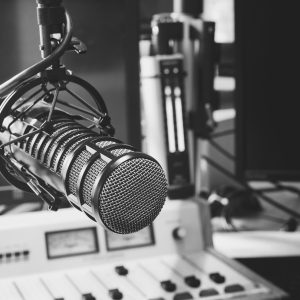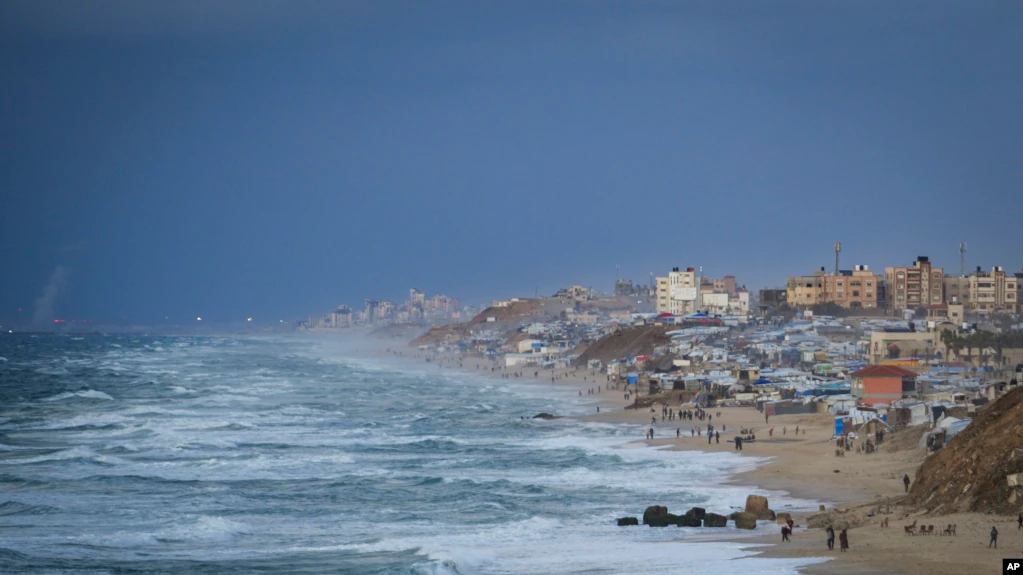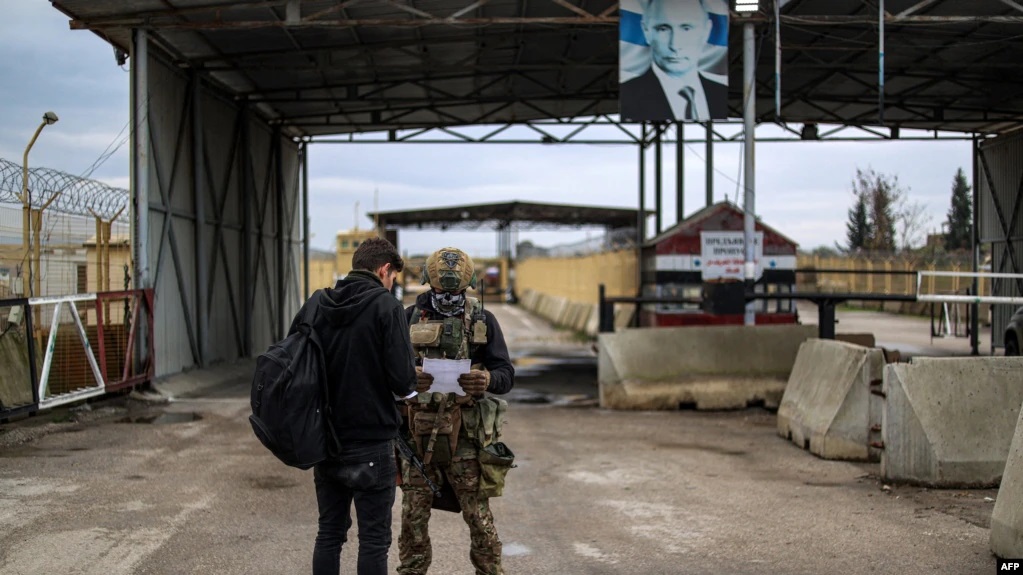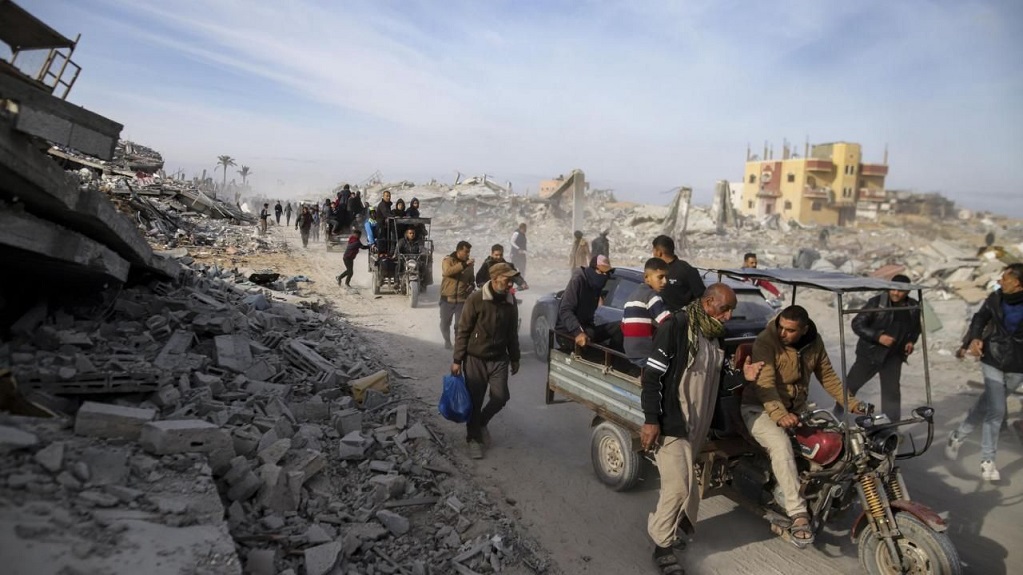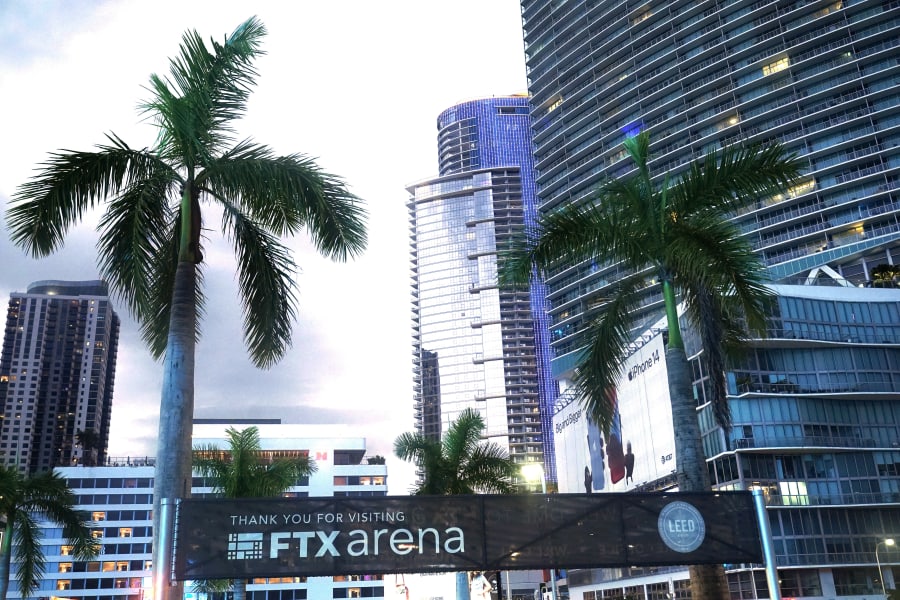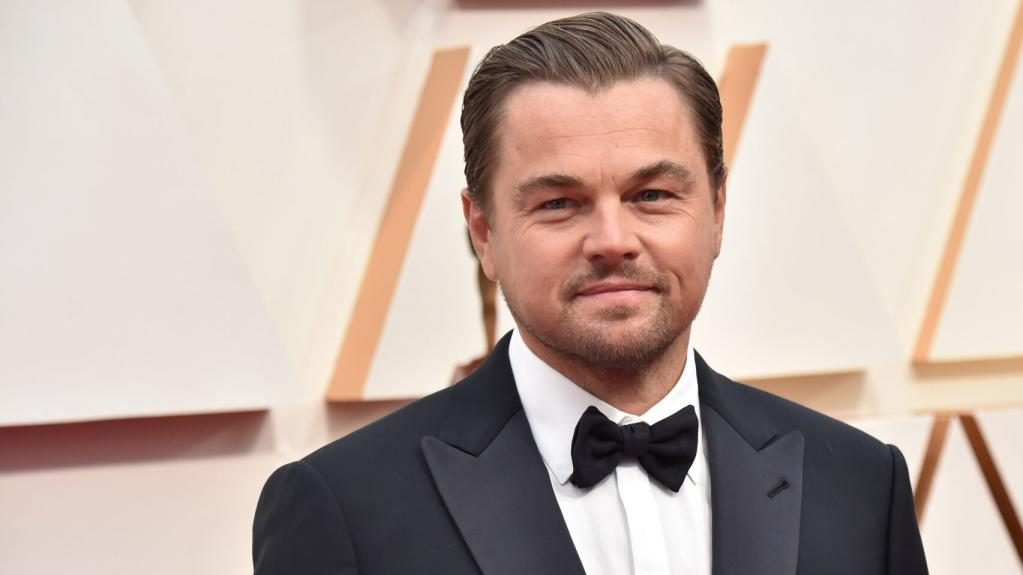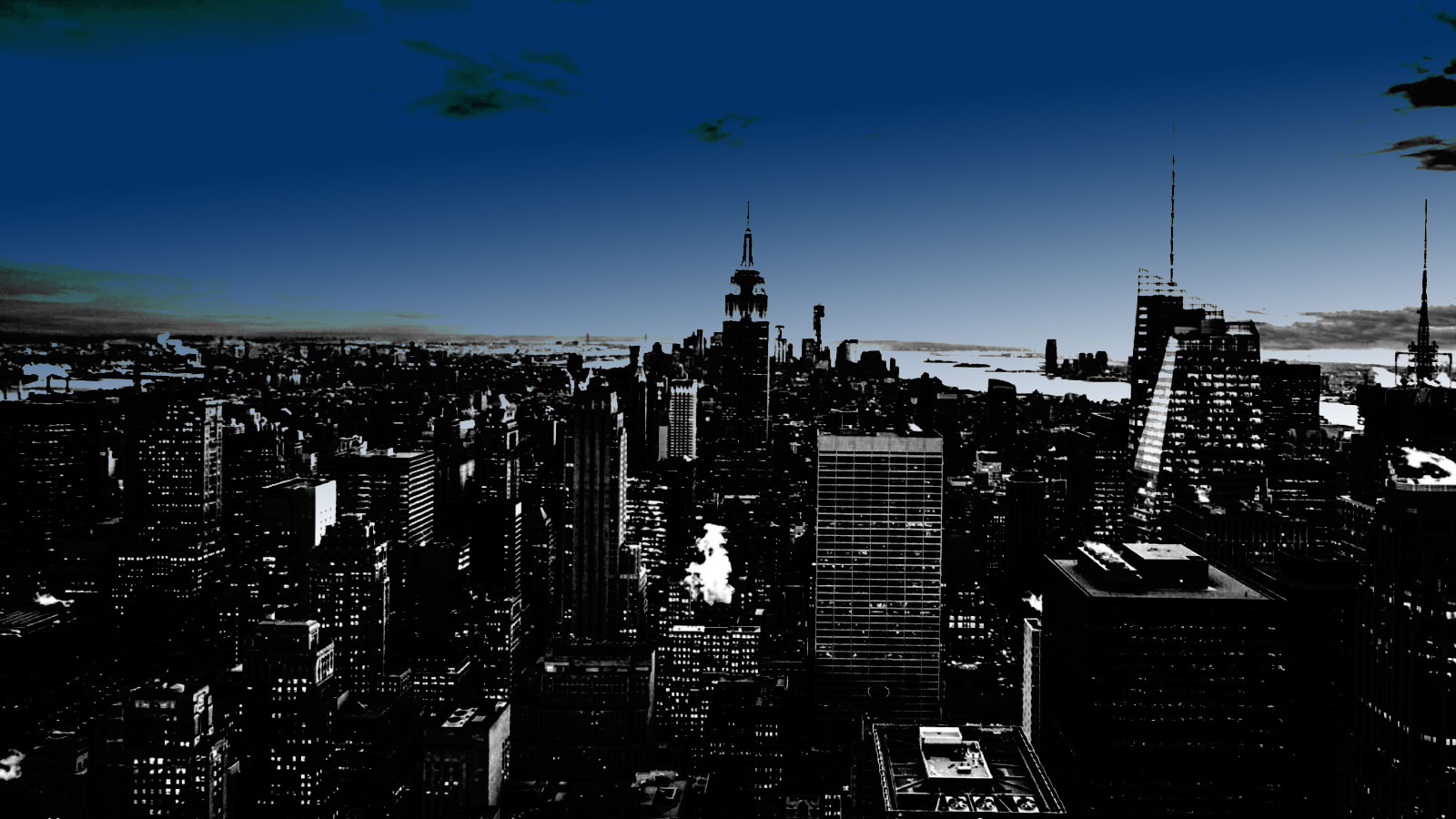Zelenskyy Visits Ukrainian Troops in Kherson
Written by worldOneFm on November 14, 2022
Ukrainian President Volodymyr Zelenskyy addressed troops in the newly liberated Ukrainian city of Kherson Monday and said that Ukraine is “ready for peace, peace for all our country.”
The president’s appearance in Kherson came just days after Russian troops retreated from the southeastern city, one of the war’s biggest losses for Russian President Vladimir Putin, whose troops had controlled the regional capital since near the start of the war in February.
U.S. President Joe Biden, speaking at a news conference in Indonesia, called the Ukrainian takeover of Kherson “a significant victory” for the Kyiv government.
“I can do nothing but applaud the courage, determination and capacity of the Ukrainian people and Ukrainian military,” Biden said. “They have been amazing.”
But he said the Western allies supporting Ukraine would not force a settlement on Ukraine to end the war. He said there would be “nothing about Ukraine without Ukraine” agreeing to it.
The U.K. Defense Ministry said Monday in an intelligence update posted on Twitter that the upcoming winter months “will bring a change in conflict conditions for both Russian and Ukrainian forces.”
“Daylight will reduce to fewer than nine hours a day, compared to 15-16 in the height of summer. This results in fewer offensives and more static defensive front lines. Night vision capability is a precious commodity,” the report said, “further exacerbating the unwillingness to fight at night.”
“The average high temperature will drop from 13 degrees Celsius through September to November, to zero through December to February. Forces lacking in winter weather clothing and accommodation are highly likely to suffer from non-freezing cold injuries. Additionally, the ‘golden hour’ window in which to save a critically wounded soldier is reduced by approximately half, making the risk of contact with the enemy much greater,” the report said.
Zelenskyy reminded Ukrainians in his daily address Sunday not to forget “that the situation in the Kherson region is still very dangerous.”
“First of all,” he said, “there are mines … I urge all residents of Kherson to be very careful.”
In the Kherson region, the president said, “the Russian army left behind the same atrocities as in other regions of our country, where it was able to enter. We will find and bring to justice every murderer. Without a doubt.”
Ukrainian officials Sunday began moving food, water and medicine into Kherson, two days after Kyiv’s forces entered the strategic regional capital that Russia had captured at the start of the war and now has fled.
More than three-quarters of Kherson’s 300,000 residents had escaped the city, leaving 75,000 people to endure the Russian occupation before Moscow’s forces retreated last week and Ukrainian troops began to move in.
“Russian occupying forces and collaborators did everything possible to make those people who remained in the city suffer as hard as possible during these days of waiting, weeks of waiting, months,” an adviser to the mayor of Kherson, Roman Golovnya, said on national television.
Ukrainian forces feared that buildings in much of Kherson might have been significantly damaged, much like other cities, such as Mariupol, but found it largely intact, although with a limited water supply. Liberated, many Kherson residents gathered on the city streets in the last couple of days, waving blue and yellow Ukrainian flags in celebration.
Residents shared stories of the Russian shelling of the city but at the same time said the Ukrainian use of advanced missile systems supplied by Western allies, including the United States, seemed to disrupt Moscow’s supply lines and troop positions. They said Ukraine hit Russian positions with the aid of a network of informants.
Still, Kherson residents told of friends and family who were detained and went missing during the nine months of Russian occupation.
And life is not back to normal in the most elemental ways.
“The city is critically lacking first of all water, because there is practically no water supply in the city,” Golovnya said. “Now there is not enough medicine, there is not enough bread — it is not baked, because there is no electricity.”
